Slipping away: Erosion forces Olympic National Park to take a hard look at Kalaloch Lodge – the Seattle Times
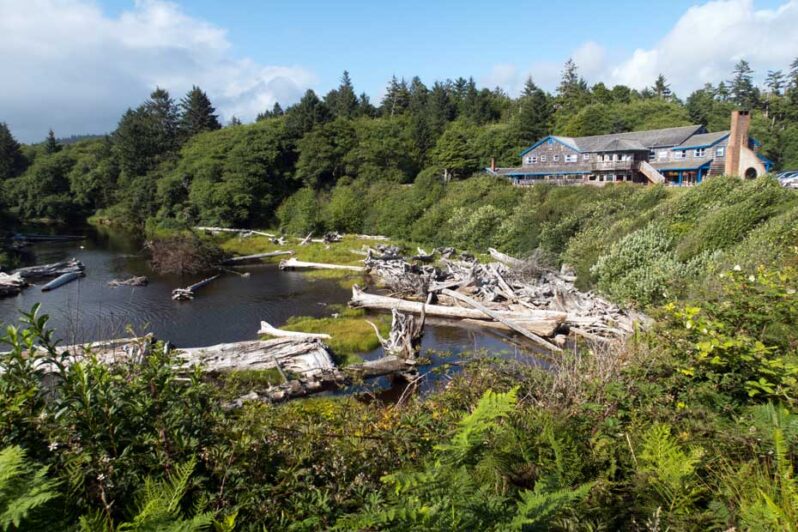
Kalaloch is the third-most-visited of Olympic National Park’s nine districts…Kalaloch Lodge, run on a concessionaire’s contract by the global entertainment/hospitality company Delaware North…has grown into a beachfront hotel with a restaurant overlooking the ocean, a small grocery store, a campground and nearly 50 cabins sitting on the same bluffs where the Beckers built their rustic resort 95 years ago. Except there’s less bluff. And less of it every year….
NOAA and partners race to rescue remaining Florida corals from historic ocean heat wave – NOAA Climate.gov
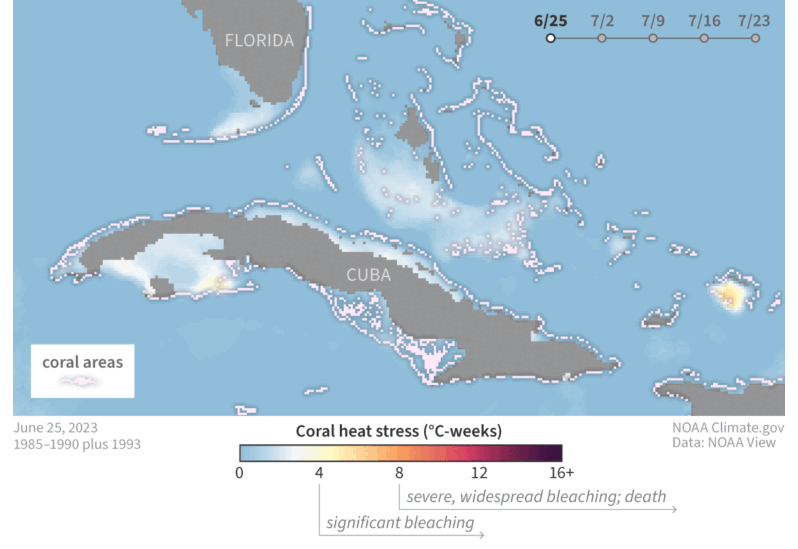
In mid-July 2023, heat-stressed corals in the southern Florida Keys began bleaching—expelling their food-producing algal partners—amid the hottest water temperatures ever documented in the region during the satellite record (dating back to 1985). As weeks of heat stress have continued to accumulate, bleaching and death have become more widespread, raising fears of a mass mortality event on the region’s already fragile reefs…
Warming Stripes – Ed Hawkins

An enthusiastic and prolific nature photographer for over 25 years, Steve Mandel’s diverse portfolio includes astronomical imaging, wildlife photography, and the photography of microscopic marine organisms.
Steve is much more than a photographer with a camera. When he can’t find a camera that can capture the sort of imagery he believes is required to broaden our understanding of science and widen our perception, he will just BUILD it himself.
His photographs have appeared in the New York Times, Smithsonian Books, Reader’s Digest, Forbes Magazine, Sky&Telescope, Astronomy, and used by websites including NASA. Three of Steve’s images: of Japanese Macaques, Lemurs in Madagascar, and Proboscis Monkey have been given Highly Honored Awards by the Smithsonian Museum of Natural History and put on display at the Museum. He is also the recipient of the Astronomical Society of the Pacific’s International Amateur Achievement Award, and the American Astronomical Society’s Chambliss Amateur Achievement Medal.
The real story behind the Atlantic’s record-breaking seaweed blobs – BBC
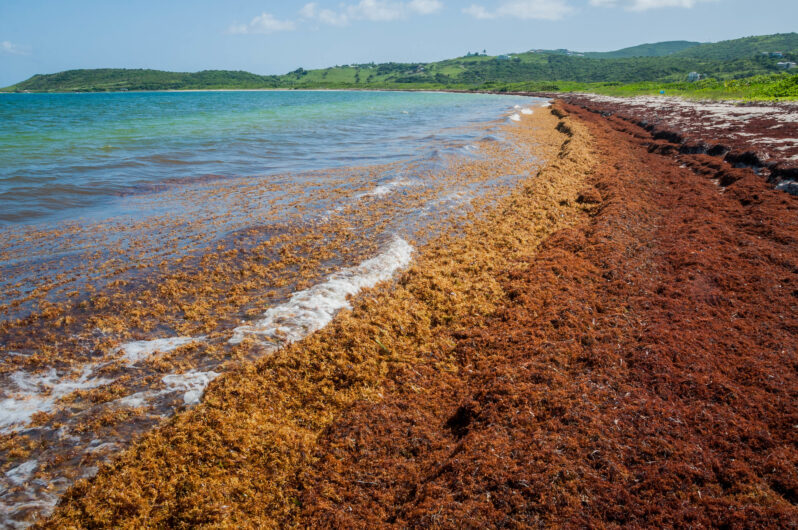
Along the coastlines of the Caribbean and the Gulf of Mexico, a monster is lurking. It creeps in with the tide and you’ll likely smell it before you see it. Giant clumps of sargassum seaweed have been washing ashore, choking the surf and blanketing beaches in a brown, stinking mass.
The clumps are breaking off an enormous raft of free-floating seaweed known as the Great Atlantic Sargassum Belt, which stretches 5,000 miles (8,047km) between the Gulf of Mexico and the west coast of Africa and can be seen from space…
July 4, 2023: The Hottest Day in over 125,000 Years

“We have never seen anything like this before”
– Carlo Buontempo, director of Europe’s Copernicus Climate Change Service quoted in the Washington Post, 07-06-2023…
The world’s hottest day on record was Tuesday, scientists calculate – PBS News Hour
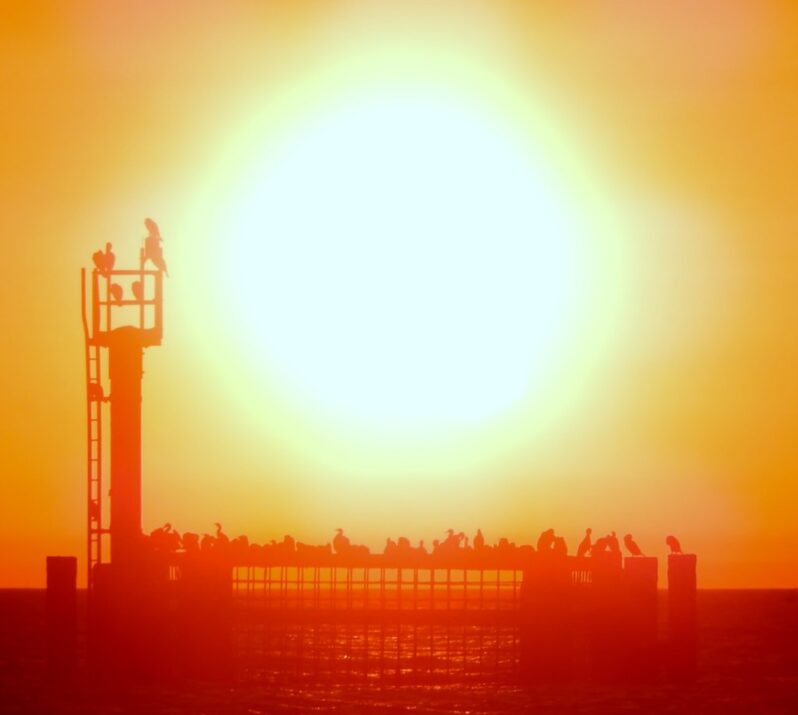
The entire planet sweltered to the unofficial hottest day in human recordkeeping July 3 and then blasted past that with an even hotter day on July 4, according to University of Maine scientists at the Climate Reanalyzer project…
The planet saw its hottest day on record this week – CNN
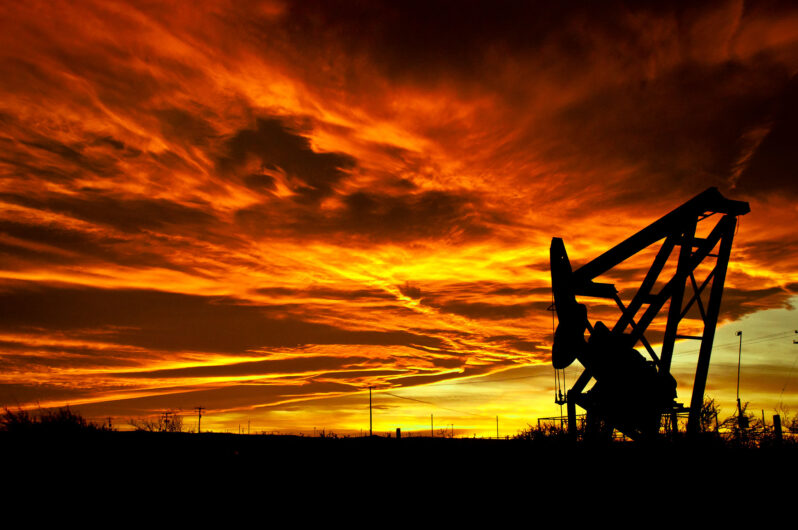
On Monday, the average global temperature reached 17.01 degrees Celsius (62.62 Fahrenheit), the highest in the US National Centers for Environmental Prediction’s data, which goes back to 1979. On Tuesday, it climbed even further, reaching 17.18 degrees Celsius and global temperature remained at this record-high on Wednesday…
What 120 Degrees Looks Like in One of Mexico’s Hottest Cities – the New York Times
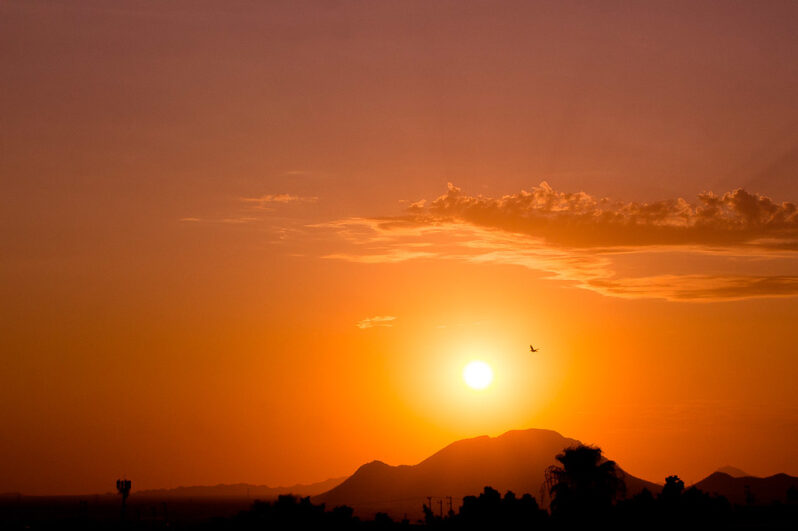
People in Hermosillo are used to the heat: Enduring scorching temperatures is a local point of pride (for) the “city of sun.” But on a recent Sunday in June, temperatures reached a record high when thermometers registered 49.5 degrees Celsius, or 121 Fahrenheit…
Why a sudden surge of broken heat records is scaring scientists – the Washington Post
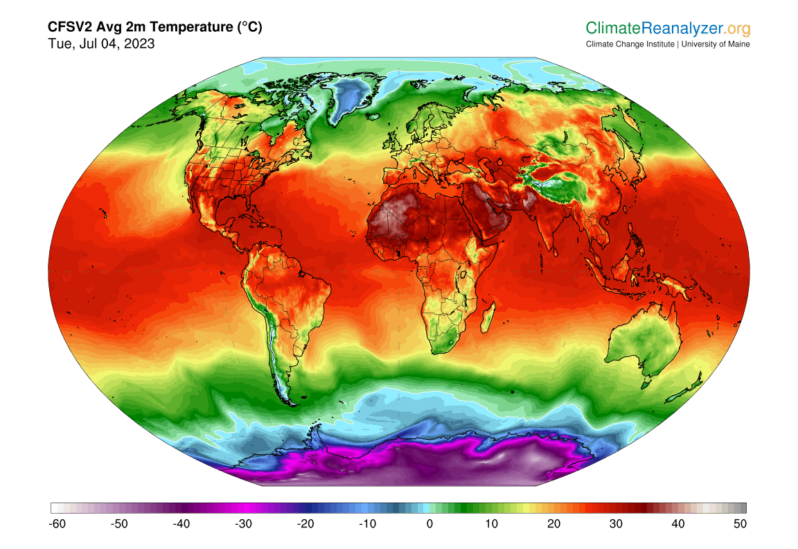
New precedents have been set in recent weeks and months, surprising some scientists with their swift evolution: historically warm oceans, with North Atlantic temperatures already nearing their typical annual peak; unparalleled low sea ice levels around Antarctica, where global warming impacts had, until now, been slower to appear; and the planet experiencing its warmest June ever charted, according to new data. And then, on Monday, came Earth’s hottest day in at least 125,000 years. Tuesday was hotter…
